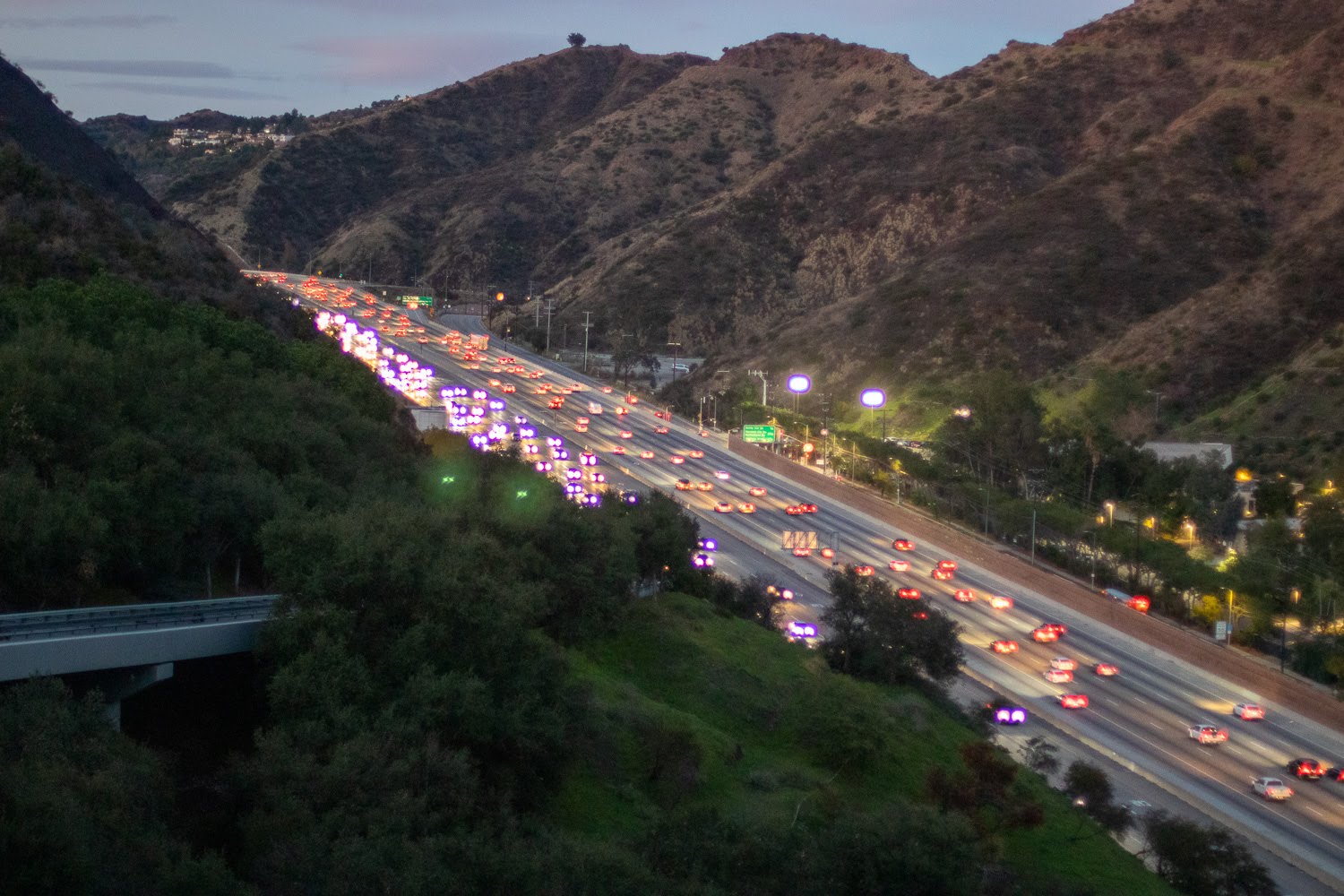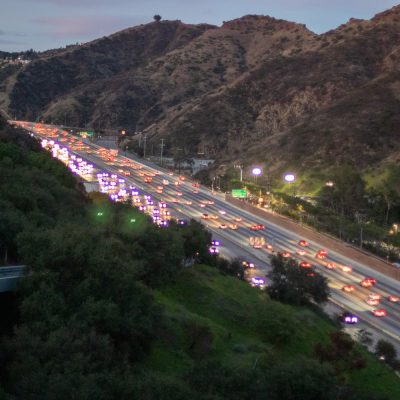
The Role of Impaired Driving in I‑81 Crashes


I-81 runs for more than 850 miles across the eastern United States, carrying daily traffic from commuters, long-distance travelers, and countless commercial trucks. While it’s a critical route for connecting communities and commerce, it also has a reputation as one of the most dangerous highways in the region. One of the biggest and most preventable causes of crashes on I-81 is impaired driving.
When drivers get behind the wheel under the influence of alcohol or drugs, their judgment, reaction time, and control of the vehicle are all compromised. That puts everyone at risk, not just the impaired driver, but also passengers, truckers, and families traveling the interstate. In this article, we’ll take a closer look at how impaired driving affects I-81, including the latest statistics, common patterns, enforcement challenges, and steps drivers can take to stay safe.
Statistics on Impaired Driving Crashes on I-81
Impaired driving is a problem across the country, but it takes an even greater toll on busy highways like I-81. According to the National Highway Traffic Safety Administration (NHTSA), alcohol plays a role in nearly one out of every three fatal crashes nationwide. On I-81, where massive tractor-trailers travel alongside cars and SUVs, the risks of impaired driving can be devastating.
Along the I-81 corridor in states such as Virginia, Pennsylvania, and New York, DUI arrests remain a major focus for law enforcement. The data show clear patterns. Alcohol-related crashes happen most often at night and on weekends. At the same time, drug-related impairment has been climbing, with both prescription medications and illegal drugs leaving more drivers too impaired to drive safely.
Common Patterns of Impaired Driving Collisions
Certain patterns make impaired driving crashes on I-81 easier to spot. One of the most obvious is the time of day. Many of these crashes happen late at night, particularly 
The type of crash is another clear trend. Impaired drivers often drift into oncoming lanes, leading to dangerous head-on collisions. Slowed reaction times also make rear-end crashes more likely. Lane departures are frequent as well, since impaired drivers struggle to stay in their lanes.
Location also plays a role. Rural stretches of I-81, long distances between exits, and congested interchanges often see higher numbers of impaired-related crashes. Construction zones add even more risk because impaired drivers may not react quickly enough to sudden lane changes or reduced speeds.
Finally, the impact on trucking cannot be ignored. I-81 is one of the country’s busiest freight routes, and an impaired driver doesn’t just endanger themselves. A single mistake can trigger massive multi-vehicle pileups involving tractor-trailers, causing life-threatening injuries and shutting down the interstate for hours.
Enforcement Challenges Along I-81
Law enforcement works hard to reduce impaired driving, but I-81 presents unique challenges that make enforcement difficult.
One challenge is the sheer geographic scope of the interstate. Because I-81 runs through several states, policing requires cooperation among multiple agencies, each with different resources, staffing levels, and enforcement priorities.
The traffic volume adds another layer of difficulty. With a constant mix of cars, commercial trucks, and drivers from out of state, identifying impaired motorists in such heavy flow can be extremely challenging.
Limited patrol resources also create gaps. Officers cannot cover every mile of I-81 at all times, especially in rural stretches where exits and services are few. This leaves areas where impaired drivers may slip through unnoticed.
Drug impairment detection is another obstacle. While alcohol can be measured quickly with a breath test, proving drug-related impairment often requires blood testing and expert analysis. These cases become more complex and harder to prosecute.
Even with these hurdles, law enforcement relies on sobriety checkpoints, targeted patrols, and public awareness campaigns as key strategies to cut down on impaired driving crashes along I-81.
How Drivers Can Protect Themselves and Others
While police efforts are important, the best way to prevent impaired driving crashes on I-81 comes down to personal responsibility. Each driver has the power to make choices that keep themselves and others safe.
The first step is simple: never drive impaired. Plan if you know you’ll be drinking: arrange for a designated driver, call a rideshare, or stay overnight instead of getting behind the wheel. If you’re taking prescription or even over-the-counter medications, check to see if they can affect your ability to drive safely.
Defensive driving also makes a big difference. Stay alert, give yourself plenty of space from other vehicles, and be especially cautious at night when impaired driving is more common.
It’s also important to recognize the warning signs of an impaired driver. If you see someone weaving between lanes, driving unusually slow, or braking suddenly for no reason, keep your distance. When it’s safe, report the driver to the authorities so they can step in before an accident happens.
Finally, preventing impaired driving is a community effort. Employers, schools, and local organizations can all play a role by promoting safe alternatives and educating people about the dangers of driving under the influence.
How a Lawyer Can Help
If you or a loved one has been injured in a crash on I-81 caused by an impaired driver, you may be entitled to compensation for medical bills, lost wages, pain and suffering, and other damages. These cases are often complex, especially when insurance companies try to minimize payouts or shift blame.
An experienced personal injury lawyer can make a significant difference in your recovery by:
- Investigating the crash to gather evidence of impairment.
- Working with accident reconstruction experts and medical professionals to strengthen your case.
- Negotiating directly with insurance companies to fight for a fair settlement.
- Representing you in court if the insurer refuses to pay what you deserve.
You don’t have to handle the legal process on your own. Contact a seasoned I-81 car accident lawyer today for a free consultation. We will explain your options, answer your questions, and guide you every step of the way so you can focus on healing while we focus on protecting your rights.
